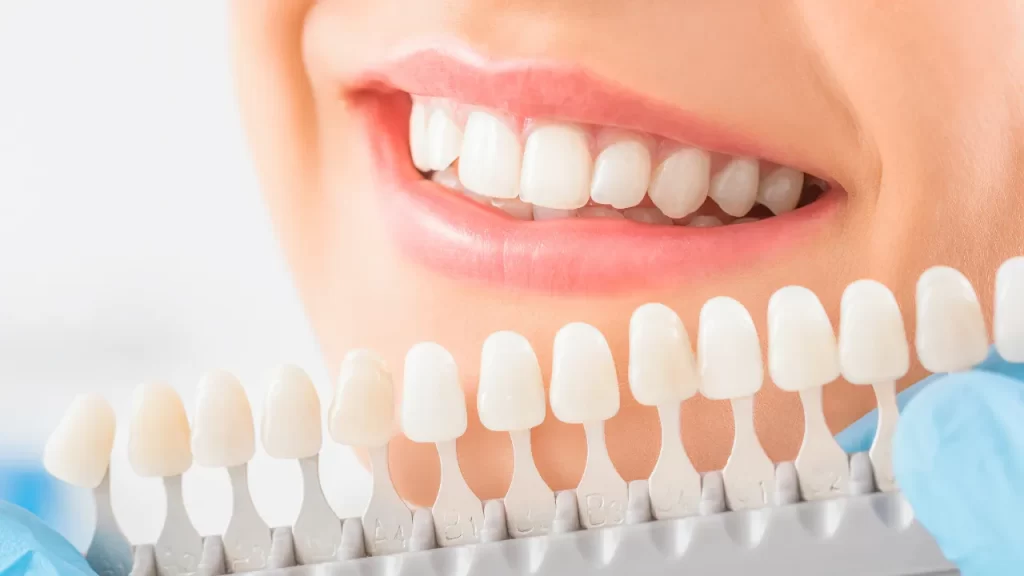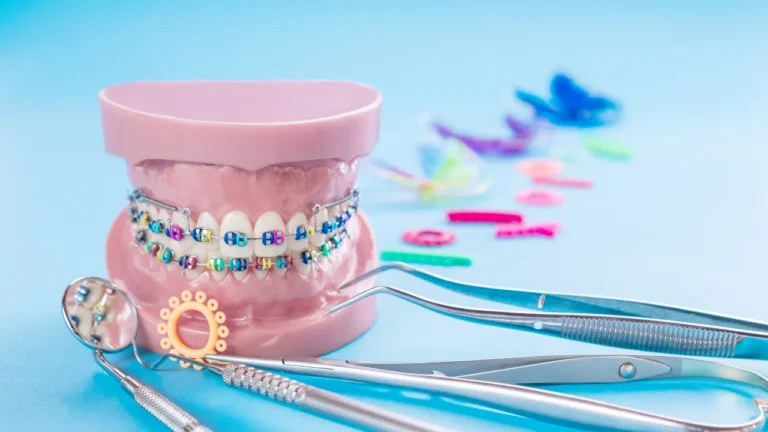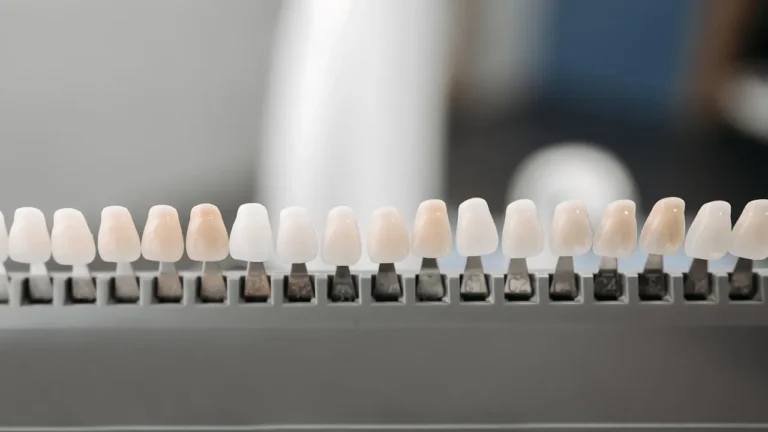Dental crowns are a popular solution for restoring damaged teeth and enhancing the appearance of your smile.
What are Dental Crowns?
A dental crown is a custom-made cap that covers a damaged or decayed tooth. Crowns restore the tooth’s shape, size, strength, and appearance.
They are commonly used to:
- Protect a weak tooth from breaking.
- Restore a broken or severely worn tooth.
- Cover and support a tooth with a large filling.
- Hold a dental bridge in place.
- Cover misshaped or severely discolored teeth.
- Cover a dental implant.
Benefits of Dental Crowns
Dental crowns offer several advantages, including:
- Restoration: Crowns restore the function and strength of damaged teeth.
- Aesthetics: They improve the appearance of teeth, enhancing your smile.
- Protection: Crowns provide a protective cover for weak teeth, preventing further damage.
- Durability: High-quality crowns can last many years with proper care.
Types of Dental Crowns
There are various types of dental crowns available, each with its own benefits:
Metal Crowns
- Composition: Typically made from gold, palladium, nickel, or chromium.
- Advantages: Extremely durable and requires less tooth removal.
- Disadvantages: The metallic color is noticeable.
Porcelain-Fused-to-Metal (PFM) Crowns
- Composition: A metal structure covered with a layer of porcelain.
- Advantages: Strong due to the metal core and aesthetically pleasing due to the porcelain.
- Disadvantages: The porcelain can chip, and the metal may show if gums recede.
All-Ceramic or All-Porcelain Crowns
- Composition: Entirely made of ceramic or porcelain.
- Advantages: Offers the best natural color match, suitable for those with metal allergies.
- Disadvantages: Less durable compared to metal-based crowns.
Resin Crowns
- Composition: Made from dental composite resin.
- Advantages: More affordable and good aesthetics.
- Disadvantages: Prone to wear and fractures.
Zirconia Crowns
- Composition: Made from zirconium oxide.
- Advantages: Extremely strong and durable with good aesthetics.
- Disadvantages: Can be abrasive to opposing teeth.
What to Expect During the Dental Crown Procedure
The process of getting a dental crown typically involves several steps:
- Initial Consultation: Comprehensive examination and X-rays to assess the tooth’s condition. Discussion of the most suitable crown type for your needs.
- Preparation of the Tooth: The tooth and surrounding area are numbed. The tooth is reshaped to fit the crown. Impressions of the tooth are taken to create a custom crown.
- Temporary Crown: A temporary crown is placed to protect the tooth while the permanent crown is being made.
- Final Placement: The temporary crown is removed. The fit and color of the permanent crown are checked. The permanent crown is cemented into place.









